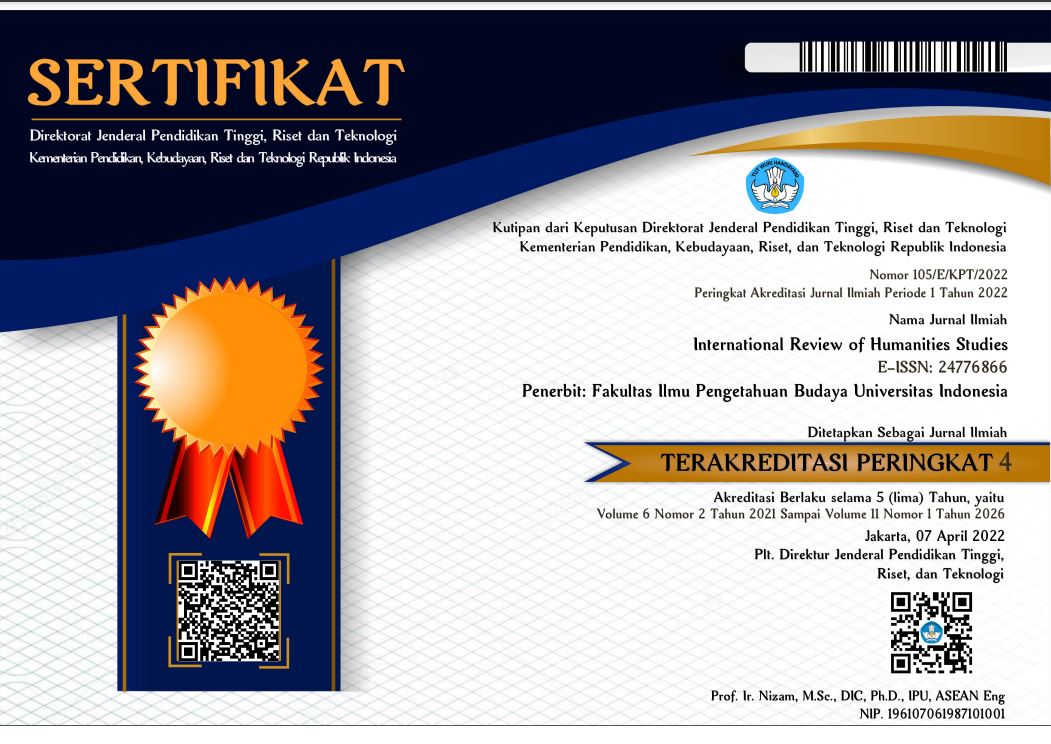International Review of Humanities Studies

Abstract
Everyone knows that death is the inevitable end of man. What plagues the mind of many, consciously or otherwise, is the question of what happens to man when he breaths his last breath. While some are of the opinion that after death comes judgment; a determinant of whether one goes to eternal blissful domains, or into everlasting torment; depending on whether he had lived piously or otherwise, while on earth. Another school of thought opines that the soul of the dead will reincarnate by taking abode in a new physical body, born as a new baby and live another normal life, whereby he/she has the opportunity to correct his/her wrong actions in the previous incarnation. While some are of the opinion that when the soul has gathered wisdom, knowledge and understanding through several incarnations, it becomes one with the creator; others believe that reincarnation is a continuous process without neither a beginning nor an ending. The Yoruba of South-Western Nigeria, like most other Africans, believes that humans reincarnate in order to re-choose their destiny and fulfill their life ambitions which they had no chance to achieve in a previous incarnation. An examination ofd some Yoruba traditional songs about death and what follows, show that the believe in a day of reckoning‟ and the continuum of the life cycle. Reincarnation, generally speaking, is always thought of, and discussed as a religious phenomenon, most probably because it borders on the super-natural; an issue to which only God; the creative force, has the totally correct answer. My bid in this study is to establish through self-confessed persons that reincarnation is a reality, as against Majeed's (2012) summation that reincarnation as a phenomenon “serves the need of personality identity and as such, it is irrational”. Aside from that, this study examines and concludes that the acceptance of the reality of reincarnation is not peculiar to the Traditional Religion of the (African) Yoruba, it is a common nexus in other faiths, unlike what obtains in Christianity and Islam; the two officially recognized (foreign) religions in Nigeria. My exemplifications from Aye Keji (the other world) a particularly selected Hollywood film, is as a result of its direct relativity to the issue of this study, which is pivoted around African indigenous thought system and philosophy.
Recommended Citation
Olufadekemi, Adagbada
(2019)
"THE REALITY AND NON-PECULIARITY OF THE YORUBA'S BELIEF IN REINCARNATION: AYE KEJI EXEMPLIFIED,"
International Review of Humanities Studies: Vol. 4:
No.
2, Article 10.
Available at:
https://scholarhub.ui.ac.id/irhs/vol4/iss2/10


